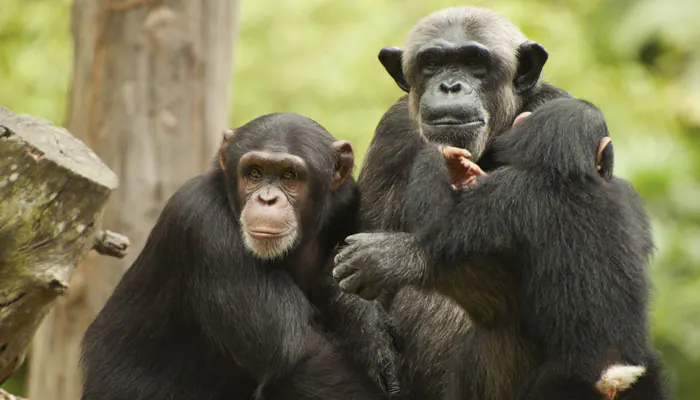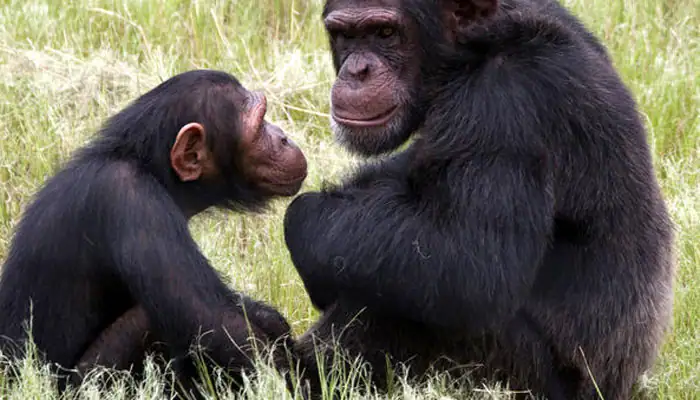Benefits of Eating Fruit

The study has revealed that primate species whose food consumption had higher amounts of fruit (frugivores) and both fruits and leaves (folivores) exhibited significantly have larger brains than those who consumed only leaves.
An addition of animal protein (omnivores) also showed significantly larger brains than in those who consumed only leaves.
Lead author Alex DeCasien, doctoral student at New York University in the US, said “Fruit is patchier in space and time in the environment, and the consumption of it often involves extraction from difficult-to-reach-places or protective skins”.
He added, “Together, these factors may lead to the need for relatively greater cognitive complexity and flexibility in frugivorous species”.
The findings counters the prevailing theory of social brain hypothesis which says social pressures and the need to think about and track social relationships was the primary driver of primate cognitive complexity and ultimately led to the evolution of the large human brain.
DeCasien said, “Complex foraging strategies, social structures, and cognitive abilities are likely to have co-evolved throughout primate evolution”.
“However, if the question is which factor, diet or sociality, is more important when it comes to determining the brain size of primate species, then our new examination suggests that the factor is diet.”
For the study, the team examined more than 140 primate species and took into account food consumption — leaves, fruit and addition of animal protein –, as well as several measures of sociality, such as group size, social system and mating system.
Their results showed that brain size is predicted by diet rather than by the various measures of sociality.
The findings appears in the journal Nature Ecology and Evolution.
(With IANS inputs)
Source: https://zeenews.india.com/science/this-is-how-primates-developed-larger-brains-1990812.html




Responses